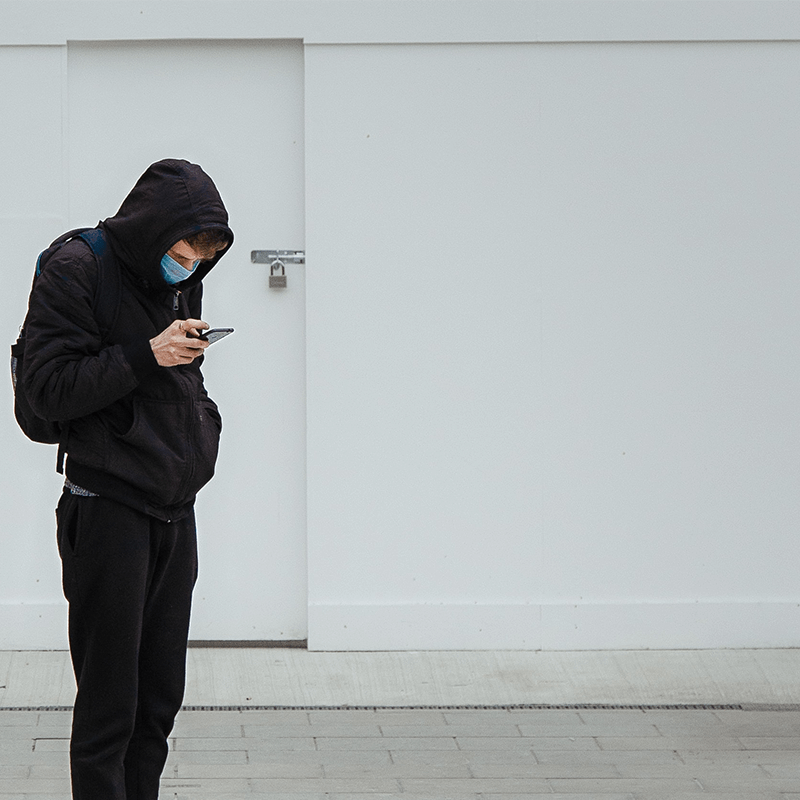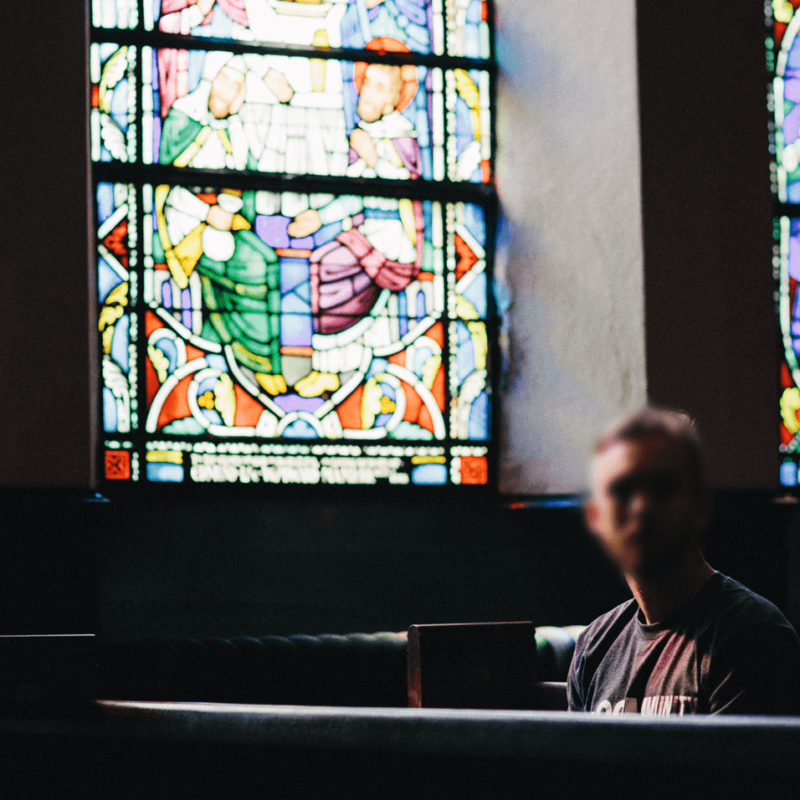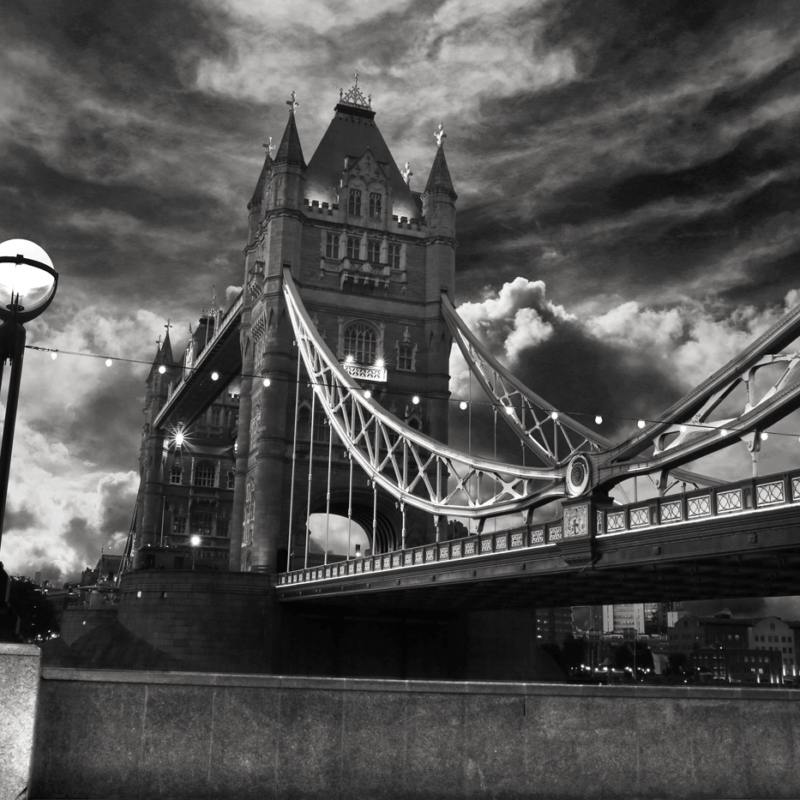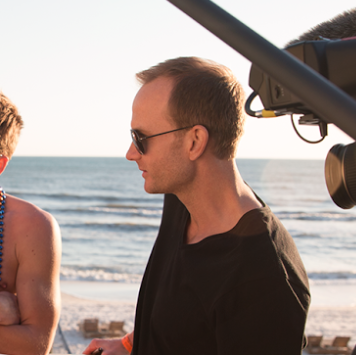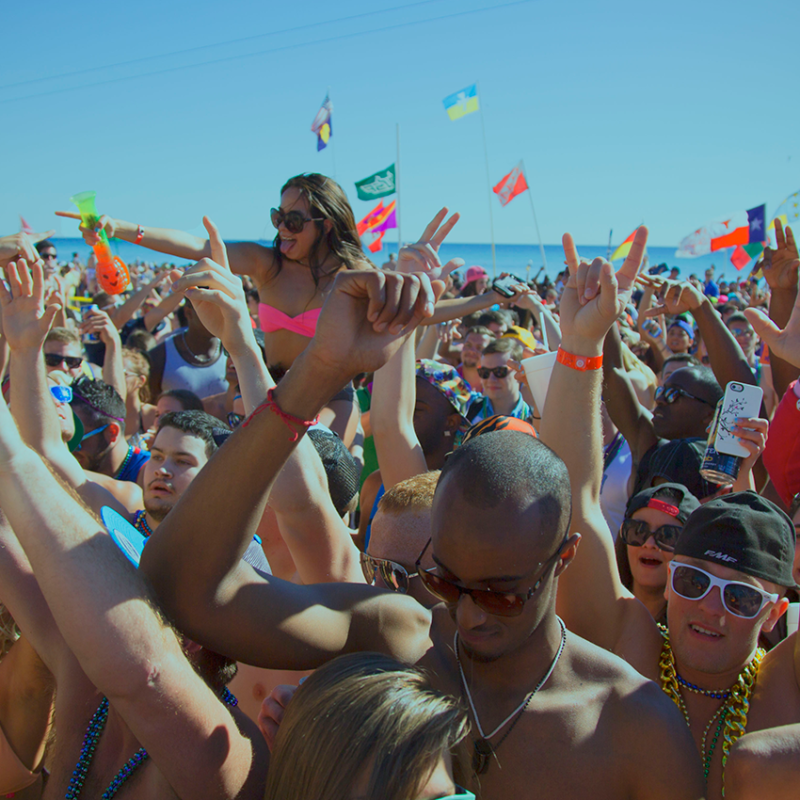Trigger Warning: This post contains descriptions of real instances of sexual harassment.
The following article unpacks my journey creating the short documentary, Seattle’s Bikini Baristas.
I pulled up to the drive-thru coffee stand to order. The menu board had a large image of a nude woman with a caption at the top: “Hot Coffee, Hotter B*tches.” Out popped a woman from the window wearing nothing but pasties over her nipples and a g-string. ‘Would you like some cream in your coffee?” she asked. I had entered the bizarre world of Seattle’s bikini barista coffee shop scene where scantily clad women are used to sell coffee. This phenomenon has grown to well over 100 coffee shops in the greater Seattle area, and as one owner explained, “is putting regular coffee shops out of business.”
Seattle, widely known as the birthplace of Starbucks, is no stranger to the coffee market and the complex appetite of its customers. As competition grows and espresso stands can be found on every corner, business owners are pushing the limits of health and safety, ethics and legality all while using sexual innuendo to draw in customers.
I had come to Seattle hoping to conduct interviews with bikini baristas and shop owners as part of a larger documentary I was doing on the sexual culture in America, but what I discovered forced me to redirect my focus on giving this subculture its own treatment.
The first interview I did was with Lori Bowden, owner of Cowgirls Espresso. She prided herself on managing her shops with an “above board” approach. She explained that all her baristas were required to be 18 years of age and drug free. After listening to her origin story, she introduced me to two of her prized baristas. One of which quickly offered, “I started here when I was 16 years old…”
While Lori seemed to have no trouble recruiting young baristas—offering boob-job loans as one of the perks to working for her—the “above board” narrative she promoted concealed a seedier underbelly described by her baristas. One barista, Chanel, said customers regularly solicit them for sex acts. She wrote this off as some of the men just being “dirt bags,” but I wondered how these sexual advances defined their workplace experience.
I visited dozens of scantily clad coffee shops throughout Seattle, talking with scores of baristas. Every one of them lamented to me in different ways how sexual harassment was part of the job. They described a world where financial profit drives an environment that tolerates and, in some cases, openly welcomes the inappropriate sexual advances of men.
At Beehive Espresso, the baristas said men pull up to the window masturbating, one after the next: “Some days I text Alan (the owner), and I’m like ‘number six’” said 19-year-old Gianna. “Alan says we can’t be rude to them. We can’t ask them to leave.”
There is a clear disconnect between the business owners and the safety needs of their baristas. A woman that is barely clothed is a human. And no human deserves to endure sexual harassment, especially at their place of employment.
Brittany, who worked for five different bikini barista coffee chains, said, “The owners just want you to make their sales goals. They don’t care how you do it or how you’re treated while doing it. They allow and sometimes encourage inappropriate behaviors in the stands. There was little value in handling sexual harassment. There were no plans in place for how to respond to it. Sexual harassment wasn’t even a discussion.”
Exposure to routine sexual harassment is just one of the dangers bikini baristas face on the job. The coffee shops open between 4am and 5am and require young, scantily clad women to show up alone to open. Former ‘Devil’s Brew’ barista, Jenna Briggs, opened her store alone every morning at 4:30am. “In the beginning I went completely unarmed, but by the end I carried a pistol with me everyday.”
Jenna described the predominantly male clientele as voyeuristic, aggressive, and entitled. “The first week I started working there I noticed a car that would park across the street every morning. A man would sit there watching me change with binoculars until I finally put curtains up. I can’t imagine how long he had been doing that with the girls before me not noticing he was there.”
On another occasion she said “a man asked me for a creamy muffin. When I told him I was confused, he became very vulgar and said, ‘How stupid are you? Cream in your muff…Can I get that from you?’”
I asked Jenna how the owners expected her to deal with a situation like that. “They never instructed us to deal with it in any way. The owner always yelled at us if she got a complaint. Even if we were being sexually harassed.”
After talking with many bikini baristas across various chains it became clear that rather than preventing sexual harassment, the owners were commodifying it. They targeted hiring attractive young women and putting them in vulnerable situations in hopes of cashing in on a little titillation, while turning a blind eye to the criminal behavior of customers. And yes, sexual harassment is a crime.
Our short documentary Seattle’s Bikini Baristas was created to draw attention to this problem in hopes of igniting an important discussion that can lead to change.
After years of working in the bikini coffee industry, Brittany has seen the impact that constant exposure to sexual harassment has on her personal mental health. Now a college graduate and working as a mental health professional, she would like to see realistic changes in the industry to protect young women and redefine the behaviors that have been widely allowed in the name of profit.
Below are some of the sweeping changes she’s calling for in the industry:
– Universal standards set around sexual harassment.
– New hires should be told what they they’re going to be exposed to, taught how sexual harassment is defined, given resources on how to respond in the moment and how to cope later on.
– Signs should be posted at every location clarifying that there is zero tolerance for sexual harassment and all employees have the right to refuse service.
– Recurring offenders should be made known across locations.
– Images of their vehicles and descriptions of them should be shown in stands and they should be banned from all locations.
– In addition, it would be beneficial to hire security guards to assist baristas with opening and closing the stands when it is dark.
Brittany says, “This is not about whether the general public supports bikini coffee stands or not. They exist. They are likely to continue to exist. The focus needs to be on creating an environment that is safe.”
Seattle’s Bikini Baristas is available to watch for free below, or on Magic Lantern Pictures’ YouTube channel.
Our films expose injustice within the sex industry, change the way people think about commercial sex, and pave a path for freedom from trafficking and commercial sexual exploitation. Your giving can help impact millions through eye-opening films.

